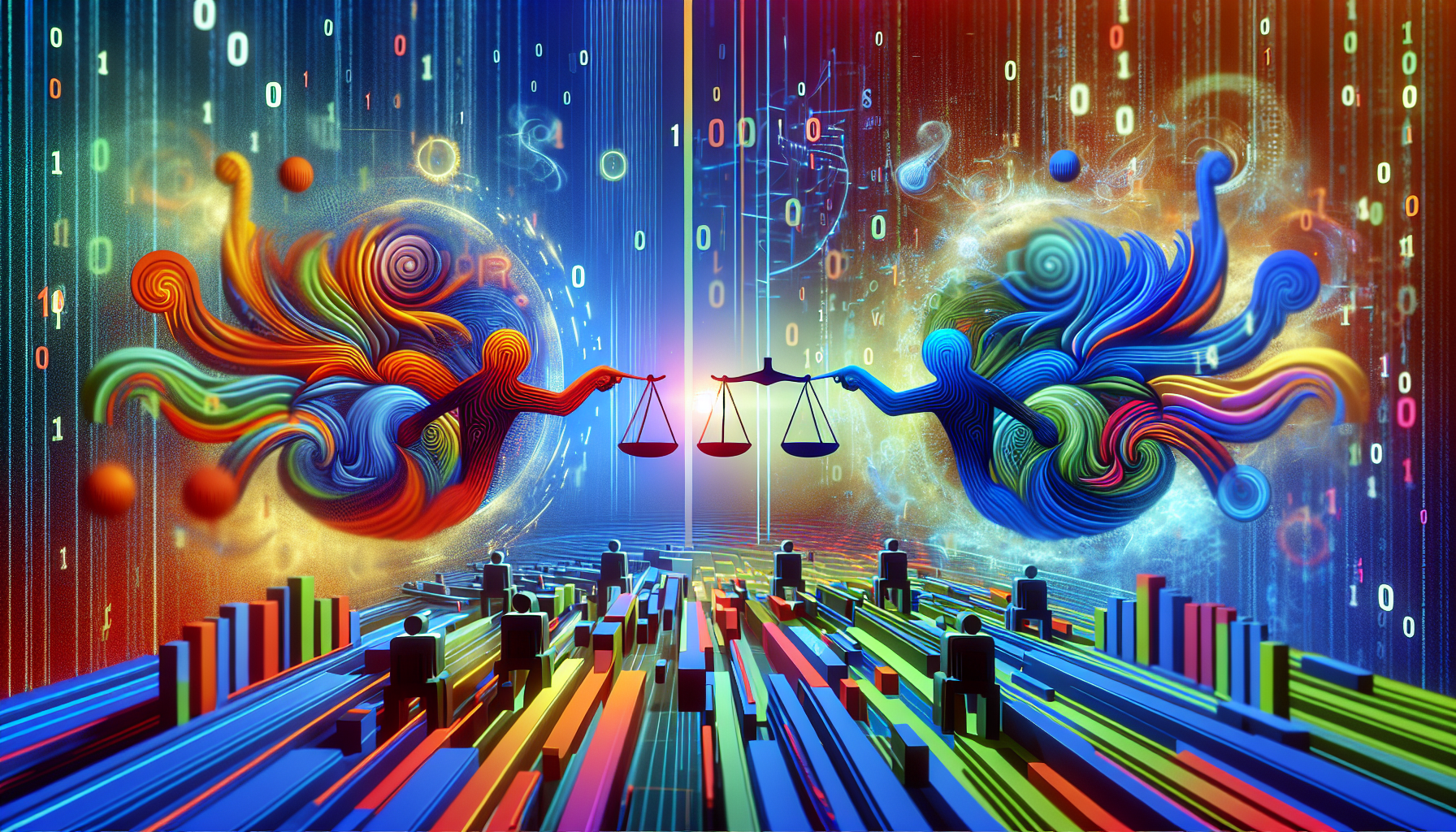
The Recording Industry Association of America (RIAA) has decided to play hardball with AI companies Suno and Udio, accusing them of jamming to copyrighted tunes without permission to train their generative AI models. Despite the allure of cutting-edge technology, it appears these AI wizards might’ve swiped a few too many hits from the industry’s greatest without asking first. Major labels including Universal Music Group, Sony Music Entertainment, and Warner Music Group are singing a litigious tune to stop what they see as a serious misstep.
On the Record
According to the lawsuits, Suno and Udio have allegedly amassed a treasure trove of millions of copyrighted songs, spanning a symphony of artists and genres, to power their AI engines. From pop to rock, classical to rap—sources say it’s a remix gone wrong, a possible supreme infringement of copyright laws. Suno’s CEO, the eloquently defensive Mikey Shulman, insists their technology is merely a composer of originality, targeting not replication but unprecedented sonic creations. Udio, perhaps in a stunned silence of melody, has yet to comment on these spicy allegations.
The lawsuits stand filed in distinguished courts; Suno’s case heard in the United States District Court for the District of Massachusetts and Udio’s gig set in the United States District Court for the Southern District of New York. The courtroom drama promises to be as intense as any chart-topping hit, with the RIAA humming the refrain for responsible AI development. They argue that Suno and Udio’s unlicensed services are rain on the parade of ethical technological evolution. How dare these AI virtuosos tinker with the sacrosanct sounds of history?
Echoes of Copyright
If the RIAA has their way, those groovy AI companies might be hit with a penalty ticket pricing each infringed song at a cool $150,000. Pause and consider: with millions of tracks allegedly pirated, that’s one costly jam session. This potential financial crescendo could easily escalate into hundreds of millions, a figure that would make any accountant’s head spin—no turntable required.
But this legal brouhaha isn’t just about numbers. It’s about setting a smash precedent for how AI-generated content will be policed in the future. Could it spell higher fees and more red tape for aspiring digital musicians? The industry is tuned in, emphasizing that these antics devalue the sweat, tears, and outright genius of original artists, infringing on their God-given rights to profits and applause.
On the legislative front, Tennessee is taking center stage with a new law to protect its beloved songwriters and performers from AI-related misdeeds. It’s the first of its kind in the U.S., and let’s be real, if this legal tune catches on, there could be sheet music for more states to follow. The verdicts on Suno and Udio’s shenanigans might just set the tempo for future debates, ushering in an era where AI plays by strict rules—or faces the cacophony of legal ringtones. Stay tuned!






